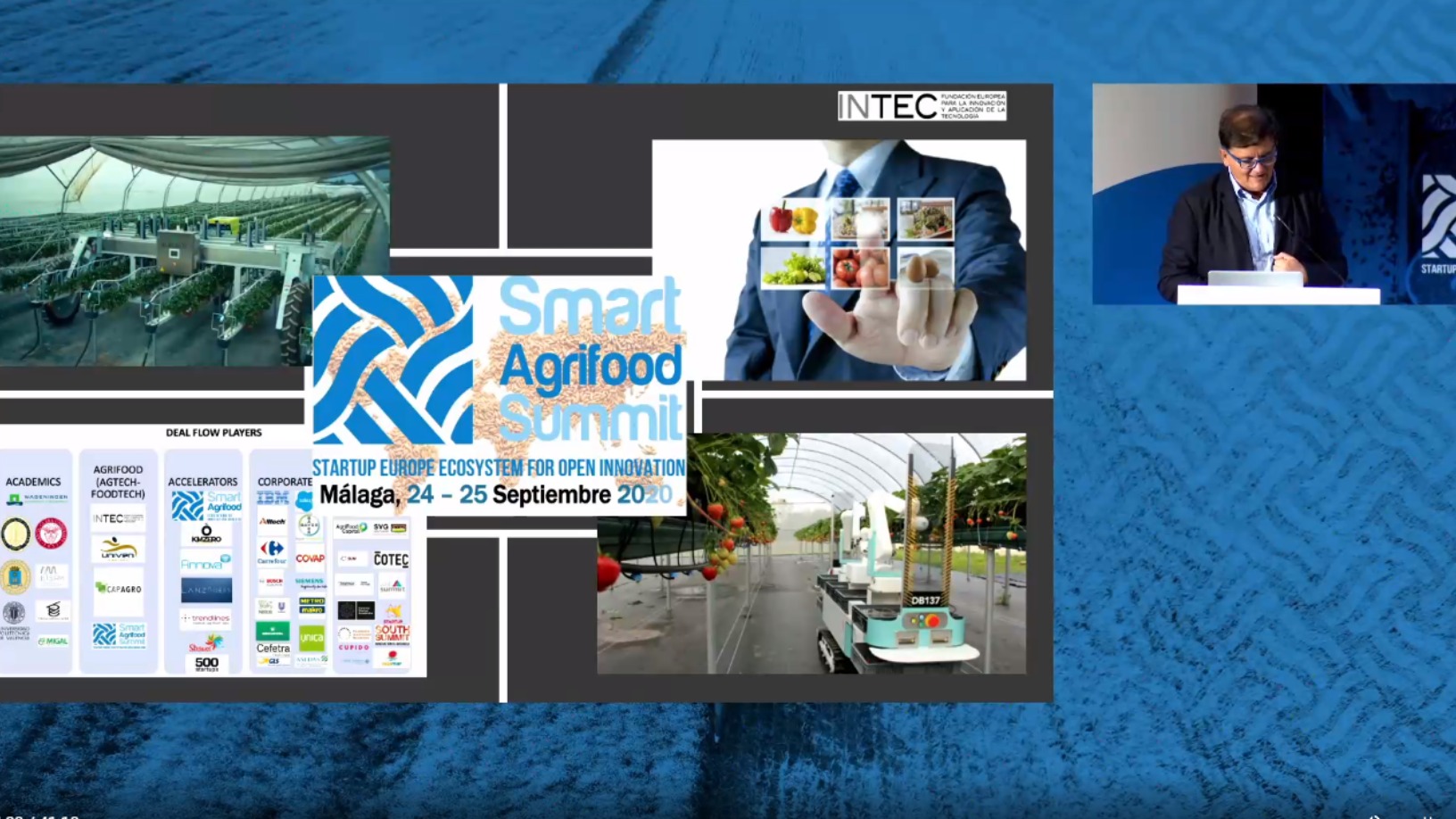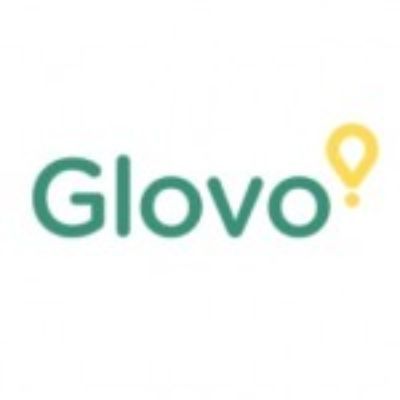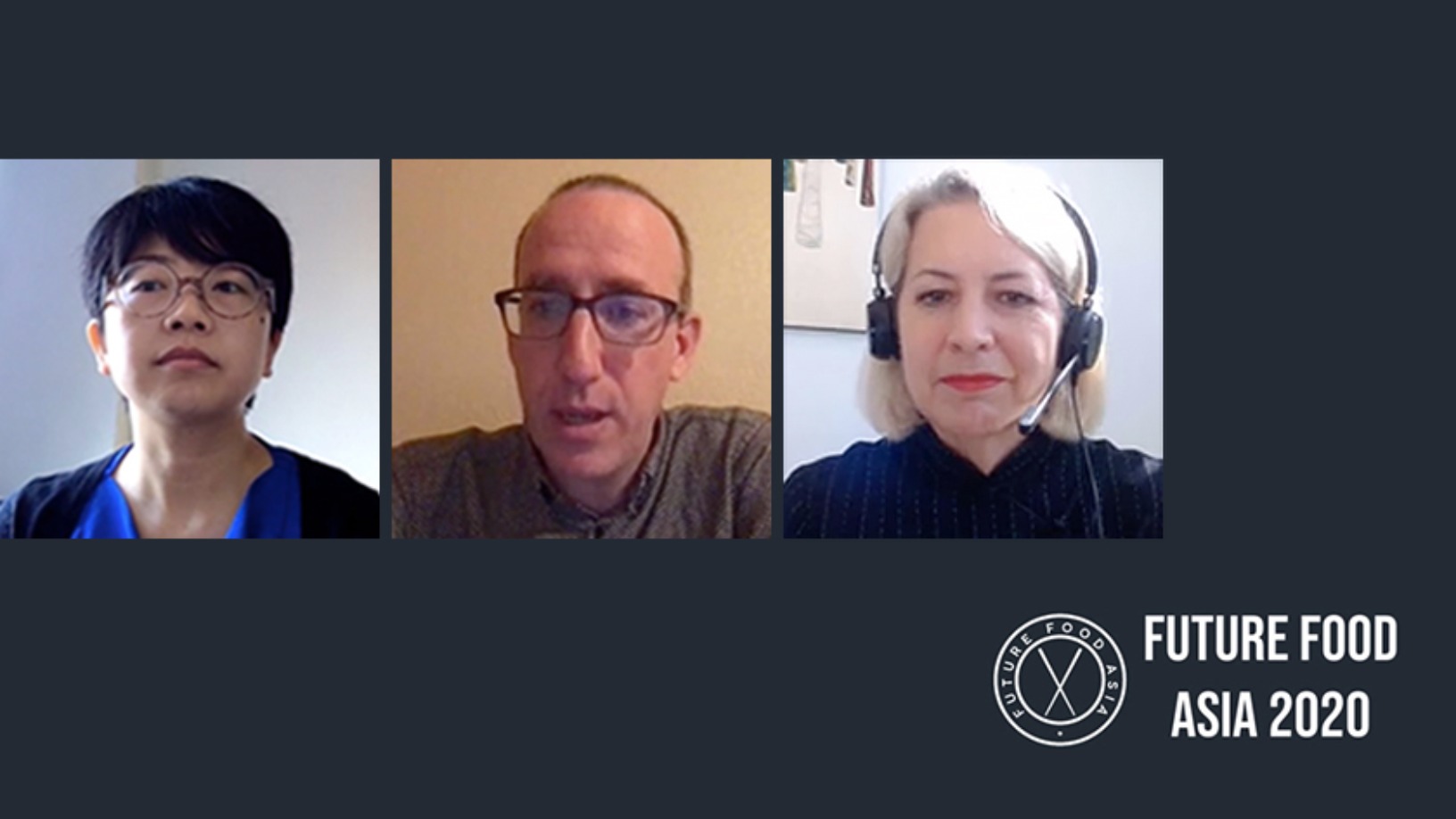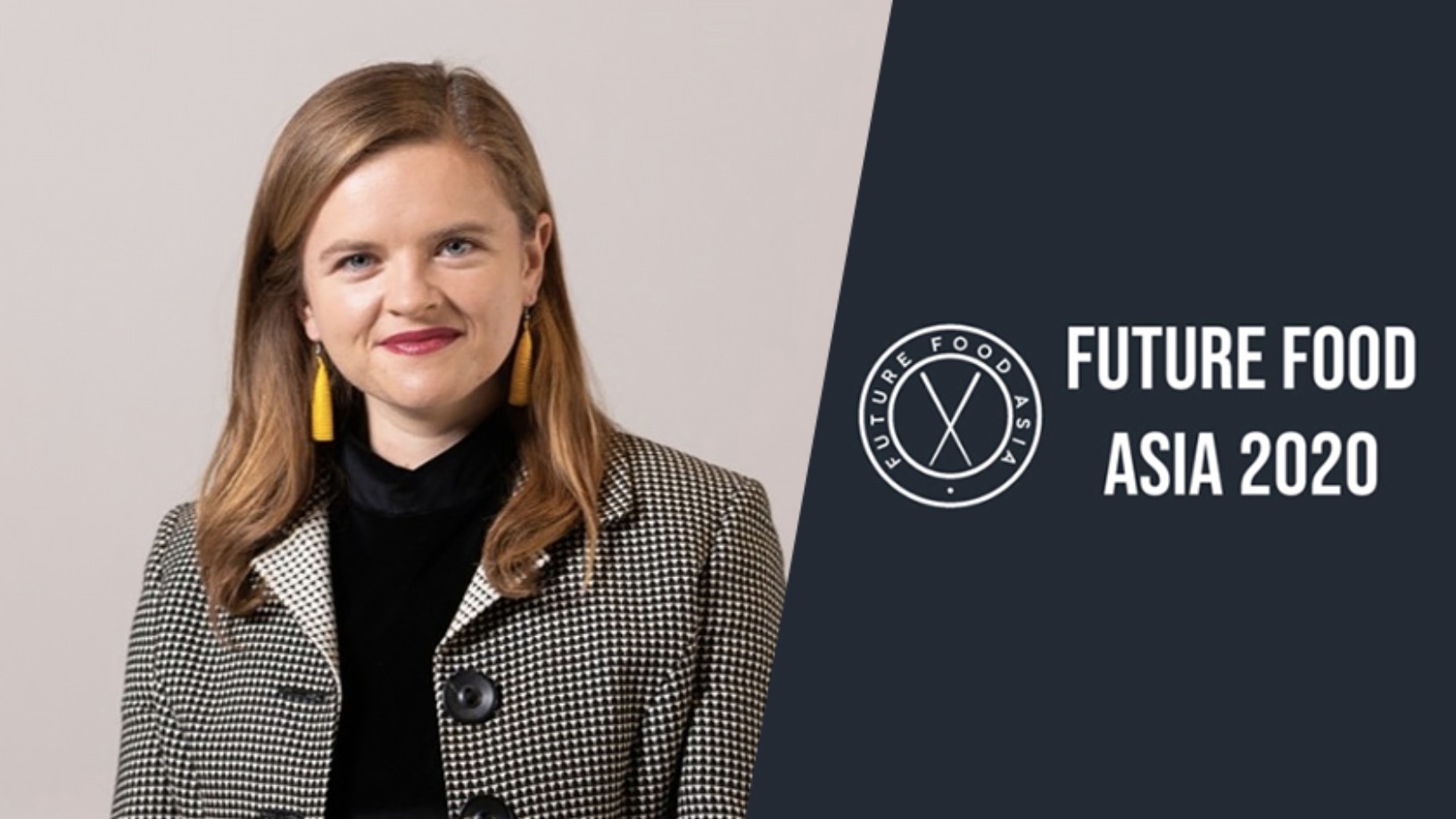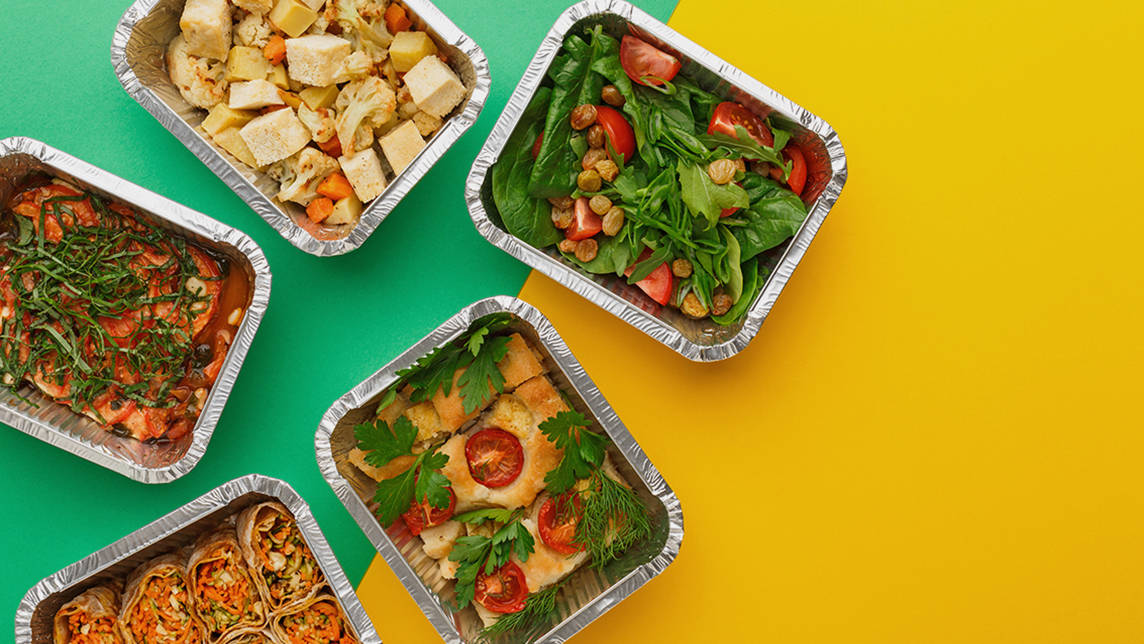In 2019, European agritech gained investments of $488.6m, more than a third of the total $1.2bn investment the sector had received to date, and accounting for half of the world's agritech investment, excluding North America. This was the first time that Europe has overtaken China as the world’s second most invested agritech region, delegates at the Smart Agrifood Summit in Malaga, one of Europe's biggest agritech trade shows, were told.
“This is a big headline for Europe because we are closing in on the US that was so ahead in innovation and we managed to just overtake China,” Executive President of the European Foundation for Innovation and Technological Development (INTEC Foundation) Juan Francisco Delgado said at the “Diagnosis of Startups in the European Agrifood System” talk on September 25. INTEC is a Spain-based not-for-profit organization promoting tech innovation, especially in agritech, and is organizer of the Smart Agrifood Summit since its debut in 2018.
Delgado, also a senator for the World Business Angels Investment Forum and a long-time local proponent of technological innovation, said “the US's overwhelming dominance in agritech until now has been due to investor location, with US firms constituting more than 50% of the companies financed in 2019 and receiving 66% of global financing.”
However, between 2018–19, investment in European agritech startups jumped by 94%, by far the largest regional increase, while investment in US agritech decreased by 54% in the same period. “The US is starting to lose steam in terms of investment globally; it doesn't mean it is losing investment but that [growth] plateaued between 2018 and 2019, making Europe's position more interesting,” Delgado said.
For the moment, however, the US continues to hold sway over the sector. “With some US agritech investment rounds achieving $50m, we predict that, in 2020, the agritech unicorns will be arriving in the US,” Delgado said, expecting agritech to reach the same scale as foodtech, an overlapping sector where INTEC situates on-demand food delivery giants like Uber Eats and Europe's Deliveroo, Glovo and Just Eat.
The Israeli model
While the total number of investments worldwide in 2019 in pure agritech was only slightly up in 2019, the total amount invested surged from $2.1bn the year before to $2.7bn. This year, the Covid-19 pandemic has stalled any hopes for further increases though.
“With Covid, new investment has virtually stopped and [investment] has only continued in already consolidated startups and pre-agreed investments,” Delgado said. “We think this tendency will be accentuated and predicted it will be further complicated by the second wave of the virus.
Agritech analysts do see one positive effect from the Covid-19 pandemic
"It's not because there is less money available: Morgan Stanley and other consultancies recently said that now is the time that there is most money available to invest...but only to the most certain bets including robotization, AI and big data and blockchain,” Delgado continued.
However, agritech analysts do see one positive effect from the global pandemic: “One tendency that we saw after the 2008 crisis that we believe will occur again is that it saw a large increase in the number of entrepreneurs.”
Two major factors, however, are holding back investment in Europe. That’s where the continent could learn from the geographically smaller Israel, which has managed to become the world’s agritech leader in terms of investment per capita, delegates were told. In Israel, angel investors play a major role in investment while in Europe they only play “a very small role," something the INTEC Foundation wants to change.
Another advantage is the format of Israeli accelerators, Delgado said: “[Israeli] startups don't need to worry about financing for the first two years because of its public-private funding model, meaning founders don't need to focus on investment rounds and focus on the growth of the startup.” To achieve this, two factors are required: “That the government makes its investment profitable … and that the accelerator itself is obliged to focus on making its investments profitable.”
Delgado contrasts this with the current culture of European acceleration. “Here, we have subsidized accelerators, which are an error and emanate from the European culture of subsidies. That we will have to rectify, to create a culture of risk by copying a system like Israel's that is a very attainable model.”
Foodtech investment spike
At present, European incubators and accelerators make up about half of the world's top producers in terms of the sheer number of startups assisted. The most productive include the European Commission's EIT Food, Spain's Lanzadera and Smart Agrifood, the annual culmination of which is this conference of the same name. Ireland's Dog Patch Labs, ToasterLab in France, Italy's FoodTech Accelerator and the Netherland's Rockstart are the other key agritech ecosystem developers, Delgado said.
We have subsidized accelerators, which are an error and emanate from the European culture of subsidies
Within Europe's overall tech ecosystem, agritech and foodtech, including on-demand food delivery, was the fifth-largest sector in terms of investment received in 2019, with €3.2bn, Delgado said, well ahead of edtech and energy tech. Medtech received the most funding, with €8.06bn invested.
Europe's top agritech companies slated for eventual possible unicorn status by INTEC include Dutch insect protein company Protix, Norwegian precision software for aquaculture, Aquabyte and German smart modular farm producer Infarm. The majority, like Huel, are in the on-demand food delivery segment and are classified by INTEC under the foodtech, and not agritech, sector.
Within the foodtech sector as a whole, where INTEC includes production, transformation, distribution and consumption, VC investment in European startups, including in giants like Glovo and Deliveroo, more than doubled in 2019 to €2.3bn, compared with 2018's €1.1bn. In the same period, investment in foodtech across startups based in the Americas as a whole dropped from €8bn to €7bn; investment in Asian foodtech startups dropped by two-thirds from €8bn to €3bn in a year.
UK leads Europe
In terms of European nations, the UK is by far the largest foodtech investment draw, attracting 34% of Europe's foodtech-related VC investment in 2019, with Germany second with 17%, closely followed by France, Spain and Finland, boosted by giants like Wolt and Iceye.
Delgado said that the two fastest-growing segments within foodtech are direct-to-consumer platforms ranging from pet food to coffee that saw €1.9bn in investment globally in 2019 and alternative proteins, including plant-based and lab-grown alternatives with €600m. In terms of valuations, the Americas have by far the highest valued companies with €15.8bn for direct-to-consumer startups and €14.3bn for alternative proteins, with European companies valued at €4.5bn and €600m for each segment, respectively,
Compared with the Asian ecosystem, European direct-to-consumer startups are currently worth €1.9bn less but alternative protein startups worth half a billion euros more than the €100m Asian startup segment.
In terms of deals within European foodtech subsectors, the spread of investment is quite even, with the latest data by VC AgFunder showing cloud-based infrastructure attracting a 17% share of total agritech investment in 2019. This was closely followed by farm management software, e-groceries and in-store retail and restaurant tech all attracting 15% of total investment each; biotech followed with a 14% share.
The biggest European investors spanning the agrifood tech sectors are Paris-based VCs, with six of the top nine investors based in the French capital, including the two largest Kima Ventures and Five Seasons Ventures. In 2019, the UK saw by far the most investment across the over-lapping sectors receiving €1.1bn in total investment with France a distant second, with less than half of the UK's total, at €495m in investment, followed by Spain with €439m. Notably, Israel, with a fraction of the population of the biggest European nations, attracted more agri and foodtech investment than any single European nation except for the UK, with €592m.
Delgado finally singled out Portugal as a growing agritech power, and Italy, despite being the continent's biggest “food power” as lagging behind in terms of tech, with few players on the world stage, with Germany also surprisingly comparatively weak in the sector.
